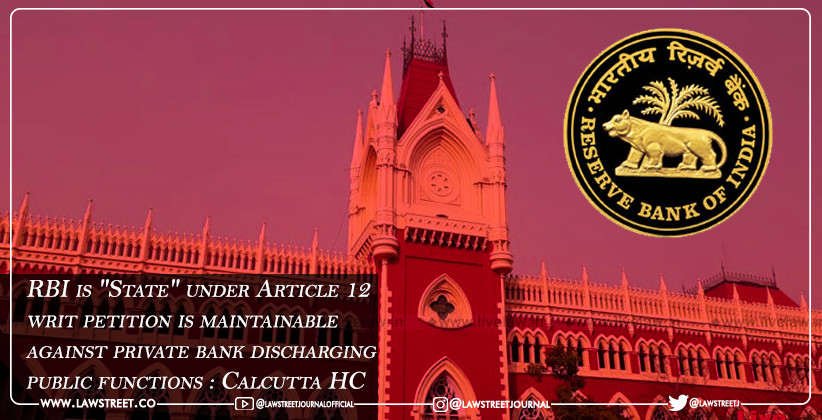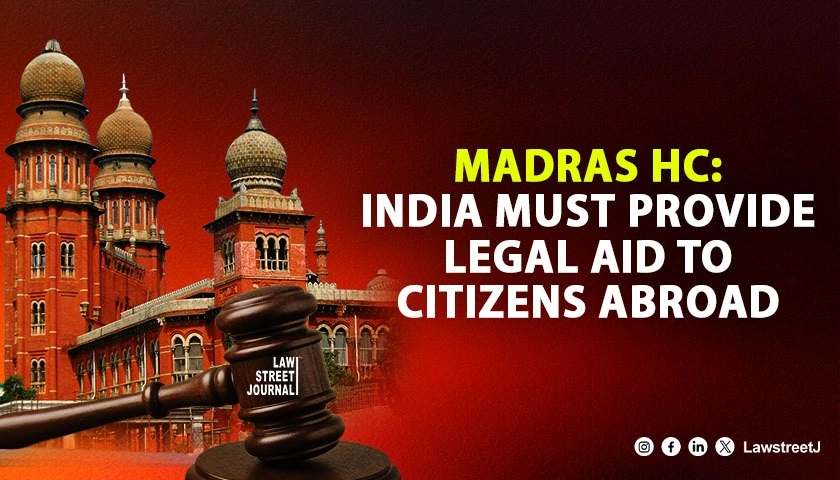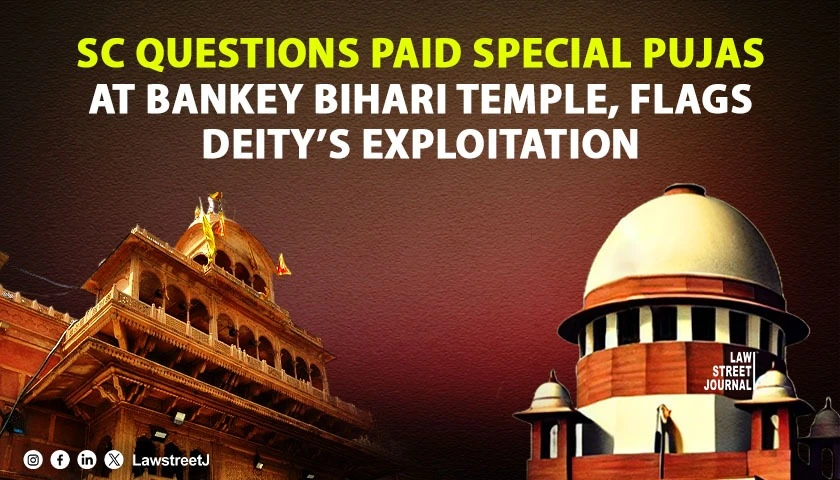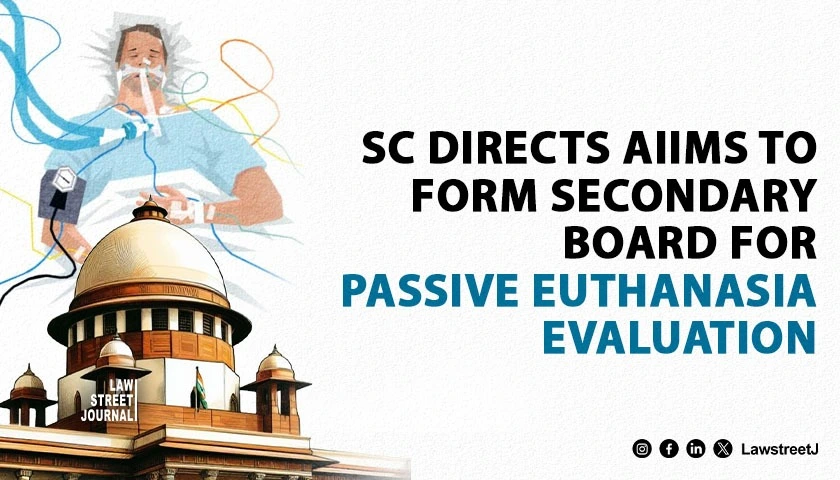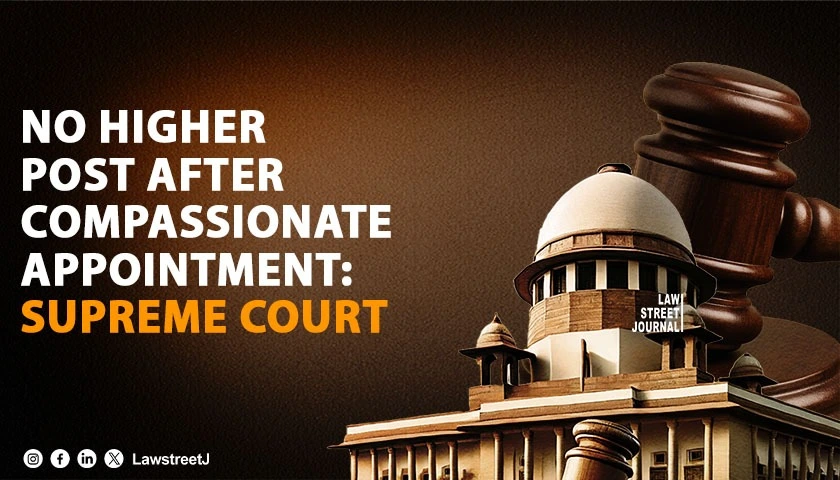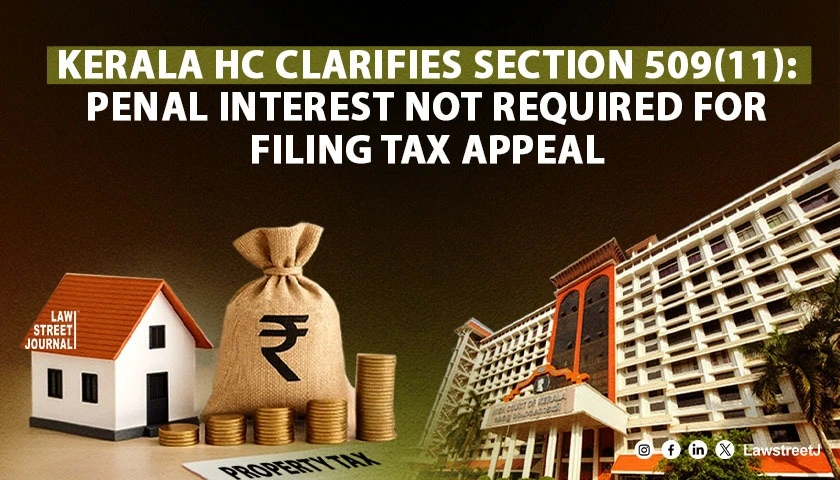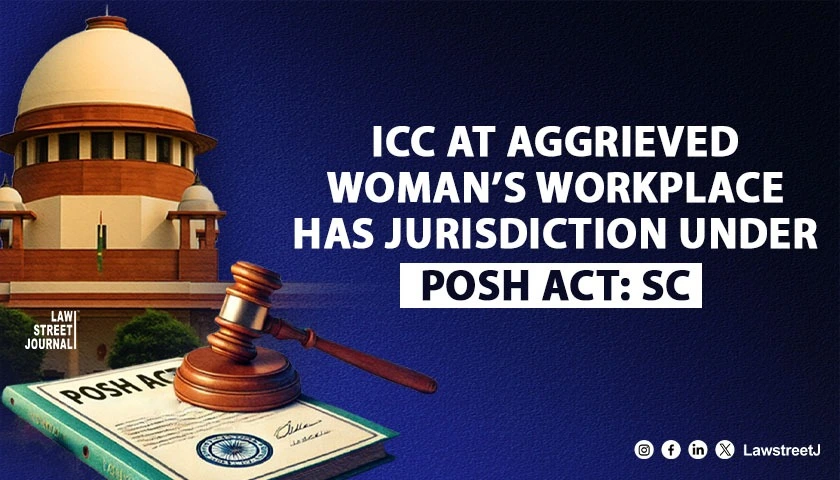The Calcutta High Court in a recent judgement held that the Reserve Bank of India (RBI) is "State" under Article 12 of the Constitution of India and thus, a writ petition is maintainable against it. The single judge bench of Justice Sabyasachi Bhattacharyya made the observations while dismissing objections made to the maintainability of a writ petition filed under Article 226 of the Constitution against the General Manager, Consumer Education and Protection Cell (CEPC) of the RBI and the IndusInd Bank, among other respondents. The judgement further states that even private banks cannot seek refuge of being non-State actors, for the purpose of challenging maintainability of a writ petition against them, as their functions pertain to discharge of public duties, quoting
"Since the Reserve Bank of India is an instrumentality of the State, it comes squarely within the meaning of "State" as contemplated in Article 12 of the Constitution. Thus, the writ petition is maintainable."
Additionally, the benchrefused to apply the principle laid down by the Supreme Court in Federal Bank Limited v. Sagar Thomas & Ors., (2003) 10 SCC 733, that a writ petition under Article 226 of the Constitution is not maintainable against private banks in the case of M/s Pearson Drums & Barrels Pvt. Ltd. v. The General Manager, Consumer Education & Protection Cell of Reserve Bank of India and other.
At the outset, the Bench made the observation that the question raised by the Petitioner in the present writ petition is not restricted to the grievance of the petitioner solely, but also has a wider connotation insofar as the liabilities of banks in respect of refund of processing fees is concerned.The entire material being perused on record, the Bench same to a finding that the IndusInd Bank, while discharging its public duty which is within the domain of the State to discharge, acted de hors its own promise of refund on which the petitioner had acted.
It thus held that such actions on part of the Bank debars it by the principle of estoppel from refusing to refund the processing fees and observed that-
"The Bank cannot now resile from its stand, which is revealed from a conjoint reading of the in-principle sanction letter and the e-mail asking for processing fees, that the entire processing fees would be refunded in the event the sanction did not go through from the end of the respondent no.4-Bank "by any reason"."

